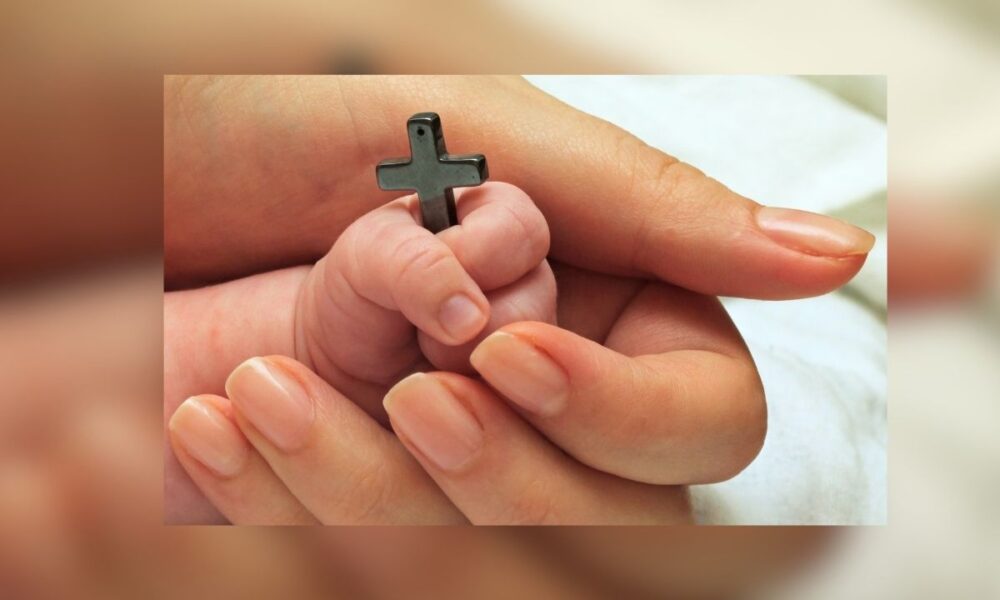On July 4, we celebrate a nation forged from the beginning by a Christian worldview. The Declaration of Independence, signed in 1776, invokes “Nature’s God” (an actual legal term from Blackstone’s Commentaries), “Supreme Being” and “Creator,” rooting inalienable rights in a divine source From the Mayflower Compact’s covenant to the Constitution’s oath clauses, Christianity shaped America’s moral and political framework. The Founders, despite varied personal beliefs, recognized its practical role in fostering liberty and curbing human nature’s vices. As we drift from these roots, corruption festers where Christian virtues are sidelined, yet resilient communities offer hope. The secular case for this heritage lies in its proven ability to sustain a free society.
Every government rests on a belief system—a functional “religion.” Ancient Rome revered its pantheon; imperial China leaned on Confucianism; modern totalitarian states deify the government itself. Atheism, with its dogmatic rejection of the divine, and secularism, with its commitment to neutrality, shape culture and laws as belief systems. America’s Christian foundation, emphasizing individual dignity, moral accountability, and limited government, was unique. It enabled self-governance while guarding against tyranny.
Benjamin Franklin, saw its value: “If men are so bad with Christianity, how bad would they be without it?” The Founders agreed. John Adams declared, “Our Constitution was made only for a moral and religious people. It is wholly inadequate to the government of any other.” George Washington warned, “Reason and experience both forbid us to expect that national morality can prevail in exclusion of religious principle.” Thomas Jefferson affirmed, “God who gave us life gave us liberty. Can the liberties of a nation be secure when we have removed their only firm basis?” The message was clear: Without virtue to sustain its freedom, man is doomed to tyranny. Sam Adams, the Father of the American Revolution concluded, “Public Virtue cannot exist in a Nation without private Virtue, and public Virtue is the only Foundation of Republics. If the Morals of a society degenerate, Tyranny will ensue.”
Drifting from this ethic has corroded society. In education, banning school prayer and biblical teachings has led to curricula prioritizing ideological trends over moral clarity, evident in rising campus unrest and declining civic literacy. In government, sidelining Christian ethics has fueled corruption, from lobbying scandals to politicians prioritizing power, eroding trust. Media amplifies division, with outlets peddling outrage or misinformation. Hollywood glorifies violence and hedonism, coarsening culture. Without a transcendent moral code, self-interest and chaos prevail. History warns of the stakes—secular regimes like the Soviet Union or Maoist China replaced faith with state worship, crushing dissent and killing millions. Democracies, unmoored, risk tyranny when morality falters as democracies are merely “mob rule”, clearly warned against by Founding Fathers.
Yet, hope persists. Families grounded in faith teach integrity through bedtime prayers and ethical discussions. Communities rally for neighbors, seen in church-led disaster relief. Most businesses operate honorably—small retailers and family firms prioritize trust. Over 300,000 active churches offer food banks, addiction recovery, and moral teaching, embodying the Founders’ vision of a people answering to a higher authority.
Non-Christians may feel threatened by this Christian heritage, fearing it excludes them. But they have every reason to embrace it, as its principles—dignity, accountability, and liberty—protect all, regardless of belief. The French Revolution’s untempered reason led to guillotines; America’s Christian-tempered reason built a resilient republic. Abolitionists, suffragists, and civil rights leaders, inspired by divine human worth, expanded justice. Today, amid polarization, this heritage reminds us that rights transcend government, virtue requires cultivation, and liberty demands restraint. On this July 4, let’s recommit to America’s Christian roots—not just for faith, but for freedom’s survival.
Dory Wiley is a part-time historian/lecturer, is President and CEO of Commerce Street Holdings, a Texas-based Investment bank with offices in Dallas and Houston, and a frequent contributor to Fox Business and CNBC.


